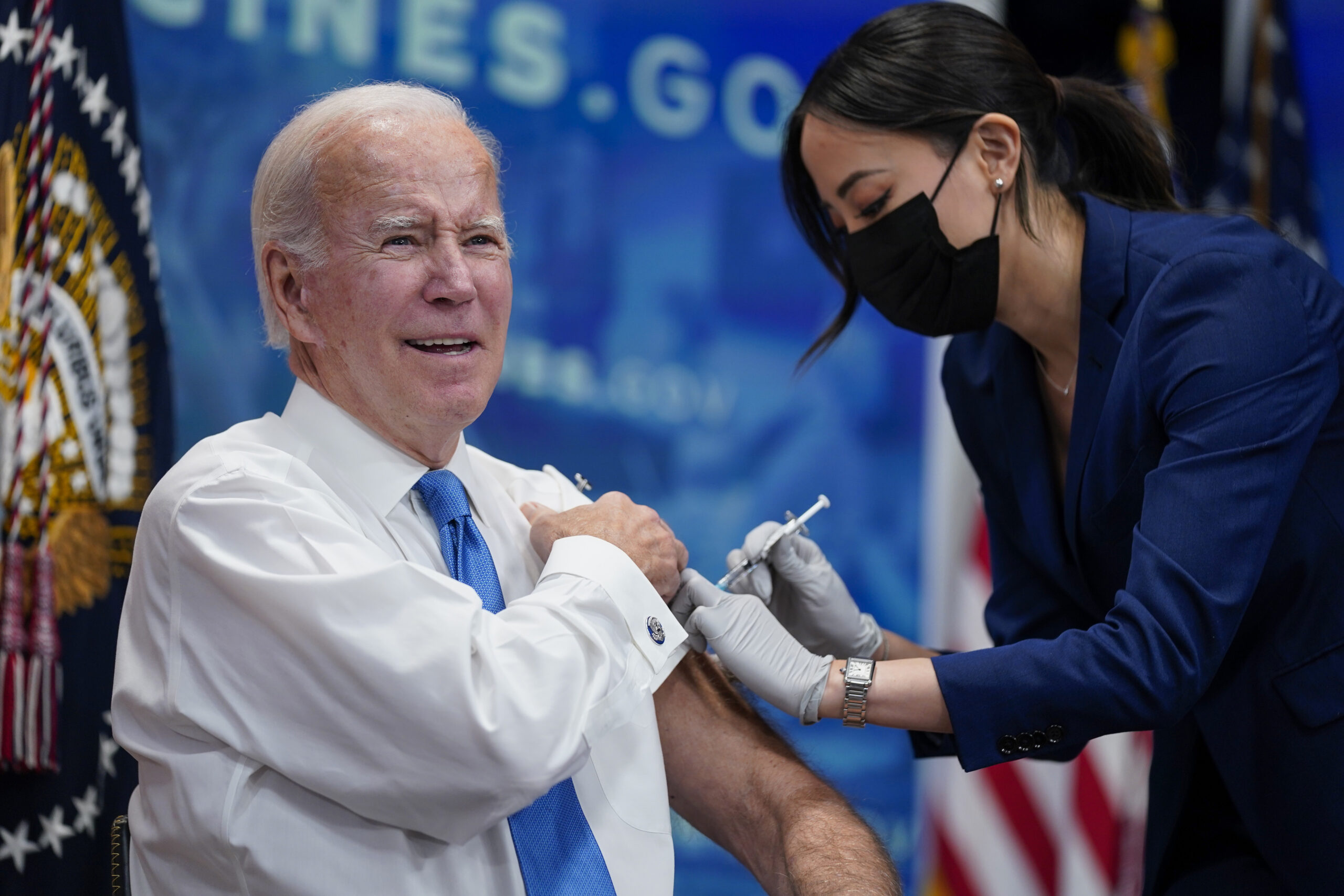In the single most extensive international vaccine safety research to date, experts have highlighted that Covid-19 vaccines prompted upticks in rare conditions following vaccination. Particularly, Pfizer and Moderna’s mRNA vaccines are associated with a modest rise in heart inflammation cases, whereas AstraZeneca’s viral-vector vaccine has shown a correlation with an unusual type of brain blood clot.
Moreover, the same viral-vector vaccine also exhibited an elevated risk for Guillain-Barre syndrome—a condition where the immune system inadvertently attacks nerve cells, often leading to muscle weakness and, occasionally, paralysis.
These findings come at a juncture where over 13.5 billion Covid-19 vaccine doses have been administered worldwide, a monumental effort that has undoubtedly saved countless lives. The European region alone has witnessed over a million lives preserved owing to these vaccines. Even with this remarkable feat, there remains a minute segment of vaccinated individuals who have experienced adverse reactions, spurring a discourse on the vaccines’ risk-reward calculus.
The meticulous work, carried out by the Global Vaccine Data Network and shared in the “Vaccine” journal, offers an unprecedented depth of data. Boasting interactive dashboards, the publication lays out the study’s methodologies and its pointed outcomes for public scrutiny.
Researchers pored over data for 13 conditions dubbed “adverse events of special interest,” analyzing the health of 99 million people post-vaccination across eight countries. An aggregated approach to data collection was key, enhancing the probability of detecting infrequent safety concerns which might go unnoticed in smaller population studies.
Notably, myocarditis—an inflammation of the heart tissue—emerged consistently in recipients after their first, second, and even third mRNA vaccine doses. A peak in this condition’s occurrence came particularly after the second Moderna vaccine. Additionally, this vaccine was linked to an increased incidence of pericarditis, which involves inflammation of the lining around the heart, after the first and fourth doses.
A noteworthy rise in Guillain-Barre syndrome cases also surfaced within 42 days after receiving the initial ChAdOx1, or “Vaxzevria,” vaccine created by Oxford. When juxtaposed with naturally occurring rates of the syndrome, an unexpected increase from the predicted 66 cases to an actual 190 was recorded.
With a threefold spike in cerebral venous sinus thrombosis—a rare cerebral blood clot—the ChAdOx1 vaccine saw its use restricted or entirely suspended in several nations, including Denmark. Interestingly, myocarditis was also linked to the third dose of the ChAdOx1 vaccine in specific populations, although not universally.
These findings underscore the continuous need to monitor vaccine safety and efficacy, ensuring the public remains informed about both the benefits and rare risks associated with Covid-19 vaccinations. With this knowledge, communities can better navigate the choices surrounding vaccination in the global fight against the pandemic.

















